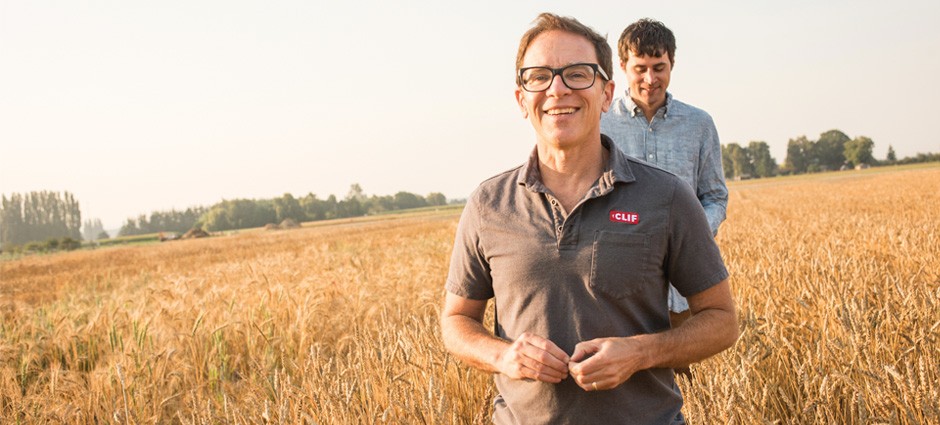In the sea of products on store shelves, it’s hard to know how brands stack up on the sustainability front. Although a lot of food companies are improving in this area, a few standouts are taking major action. These large players are using their size to step beyond profit and move the needle on initiatives addressing soil health, climate change, the livelihood of farmers and their communities, and more. Here’s what they’re up to.
“B”-ing the Change
You can’t become the largest B Corp in North America without having an eye on sustainability. Beyond its own initiatives, the maker of Horizon Organic, Silk, Activia, So Delicious and Vega recently announced a partnership with Mars, Nestlé and Unilever to launch the Sustainable Food Policy Alliance. The goal: to unite their voices to drive progress in public policies that shape what people eat and how that impacts their health, communities and the planet. A key focus is to advance climate policies that improve the environment.
Supporting Regenerative Agriculture
General Mills, the maker of Cheerios, Cascadian Farm’s granola bars and Annie’s Homegrown mac and cheese has become the second-largest producer of organic foods. The company recently outlined its goal of 1 million acres being farmed regeneratively by 2030. In case you’re new to the term, regenerative agriculture employs farming practices such as cover crops and no tilling to increase biodiversity, improve soil health and encourage carbon sequestration, which is when plants pull carbon out of the atmosphere into the soil to offset global warming.
Enriching Soil and Farmers
You might know Clif Bar for its peanut butter and chocolate chip energy bars, but a little-known fact is that the company also happens to be the nation’s largest private funder of organic research, with a focus on organic plant breeding. The company also has increased the number of different crop species it purchases in an effort to enrich both soil and profit margins of farmers. To support these initiatives, the company’s new Clif Ag Fund aims to increase the economic resilience of organic farmers in Clif’s supply chain.

